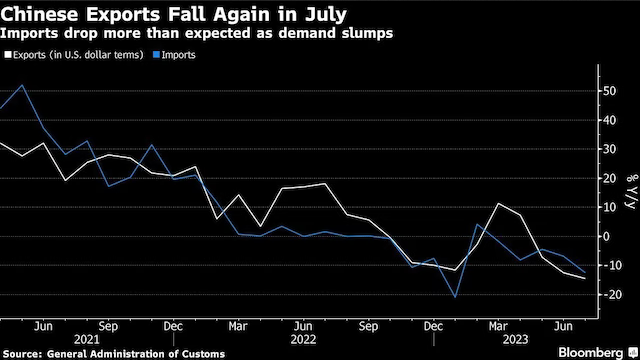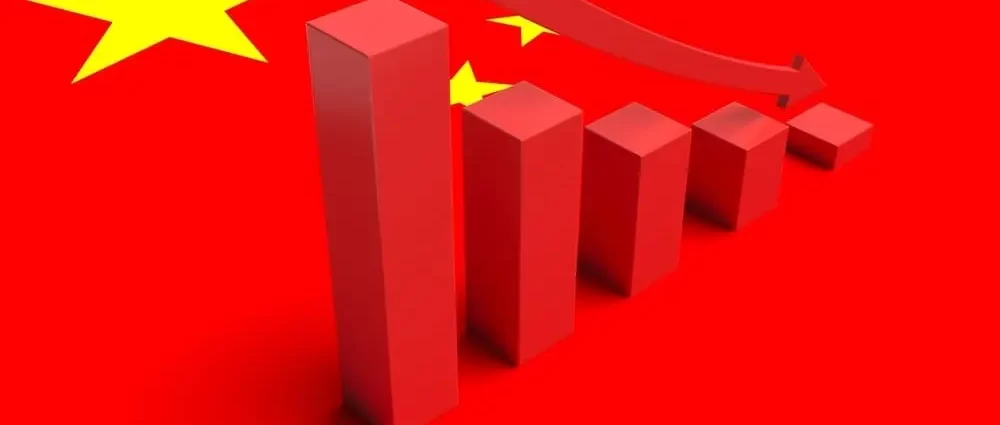China is the leading country in the global clean-energy manufacturing industry. It makes 60% of the world’s electric car batteries and wind turbines and manufactures 80% of its solar panels.

According to one metric, BYD, a Chinese automaker, surpassed Tesla as the leading electric vehicle manufacturer this year. Additionally, Chinese companies have an advantage in producing these products at a larger scale and lower cost compared to other nations.
With the slowdown of the Chinese economy, countries will need to determine their approach to the energy transition. They must decide whether to contribute to decarbonization by developing necessary technology in house or rely on China, the world’s leading producer, to provide the means to decarbonize.

In the meantime in order to address the slowdown the Chinese government is planning a new burst of infrastructure and factory spending which will make it easier for certain government-favored green-energy firms and projects to borrow money.
However, this situation could create an uncertain and potentially volatile situation in the global economy, which will have a significant impact on the efforts to reduce carbon emissions.
The abundance of money invested in EV and clean-energy companies will lead to an increase in production, resulting in an oversupply of vehicles, batteries, solar panels, and other products. But, Chinese won’t have the money to buy that stuff, causing them to be exported internationally. This will contribute to a decrease in global prices.

But such a glut would be politically complicated in the medium and long term. Politicians in developed democracies have made commitments to create domestic employment opportunities through the energy transition. President Joe Biden’s mantra — “When I hear climate, I think jobs” — is just the most recent of many similar promises issued in Asia and Europe.
If there is suddenly a surplus of Chinese clean technology being exported globally, it could have a detrimental effect on the promises made by Europe and North America, particularly due to their higher inflation rates and stricter interest rates but there’s no guarantee that China’s slowdown will automatically lead to a global green glut.
Recent events, such as the Biden administration’s economic policies and the Chinese economic slowdown, have shown that climate change can no longer be ignored. These events have made it clear that climate change is a major factor that will affect the global economy and geopolitics.

This means that those who care about climate change can no longer afford to treat it as a separate issue. We must now work to integrate climate change into all of our decision-making, from the local to the global level because climate change is now a global issue that requires a global solution.
Reference- National Geographic, BBC, The Wall Street Journal, Business Insider, New York Times






